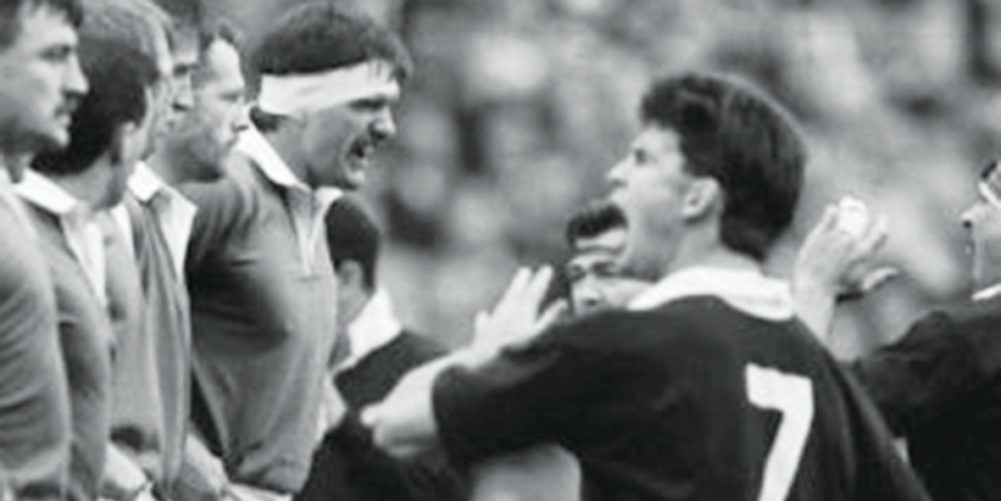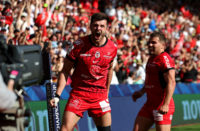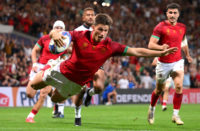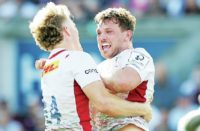PETER JACKSON
THE MAN TRULY IN THE KNOW
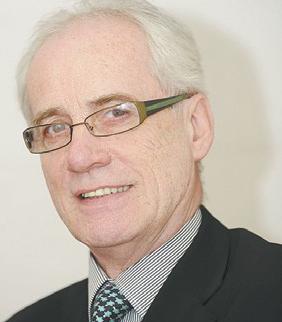
For sheer knee-knocking, eye-balling, lip-trembling fury, there has never been a Haka like the one orchestrated by Willie Anderson as captain of Ireland.
The ultimate war dance broke out at Lansdowne Road on an autumn day in 1989, a sort of Riverdance in studs and gumshields performed well before Michael Flatley and Jean Butler took the West End by storm with their masterpiece.
Whatever Anderson's choreography may have lacked by way of artistic merit, it made up for in creating a drama infinitely more watchable than the one which followed it once the All Blacks dragged themselves away to put the uppity Irish in their place.
One or two came close to emulating Anderson's Ireland, none closer than Richard Cockerill and Norm Hewitt getting up close and personal when the All Blacks performed the same provocative routine at Old Trafford eight days later.
For all their hooker's bulldog belligerence, England's one-man stand paled into insignificance compared to an Ireland team united in a gloriously defiant act against the might of Wayne Shelford's world-beaters.
Anderson's action at the very sharpest point of the arrowhead into the Maori war chant prompted the authorities to draw up a no man's land protecting the All Blacks from similar intrusion.
What nobody knew was that Ireland's captain had been hit by a personal tragedy, news of which had been kept from him until after the match. Only now has Anderson revealed chapter and verse, of a close friend killed by the IRA and the IRFU's cold reaction to their captain daring to refer to it in his speech at the dinner that night.
“The All Blacks game wasn't long over when I was getting dirty looks from men in green blazers,'' Anderson writes with co-author Brendan Fanning in Crossing The Line published by Reach Sport. “Departures from protocol weren't welcome.
Marching into the middle of the Haka was a departure from protocol. I get that.
“I made another diplomatic blunder in my speech at the dinner that night. A couple of days earlier a good friend of mine, Bob Glover, was blown up a few miles from where I live now.
“He was 38, a partner in Acheson & Glover who supplied building products to the security forces as well as the general public. That made him an IRA target.
“Bob left a wife and three kids, one of whom, Pamela, many years later would marry my son Thomas. Bob's car exploded into a semtex fireball on the road.
“Because of my close connection to Bob I wasn't told about his death until immediately after the game.
That would hardly be possible in the current age of instant news but it was manageable back then.
“Bob was later described by the Dungannon priest Fr Denis Faul as ‘a good man who has given valuable service to the community'. It was not directly related to the game but wanted to mention him in my speech.
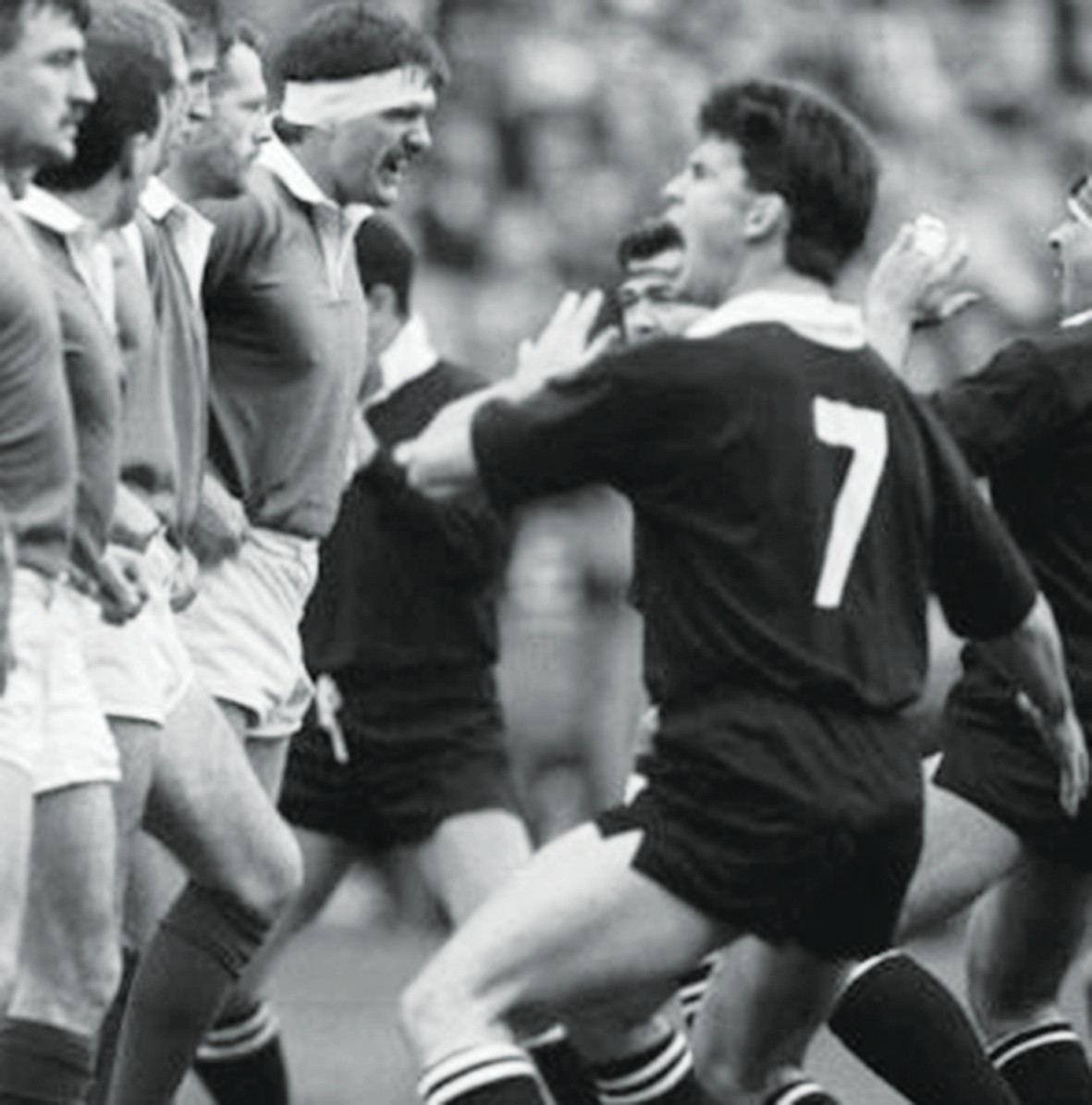
“‘We play rugby as if our lives depend on it which feels right at the time,' I started. ‘But real life is going on beyond the pitch.
“‘Real life for me is the death of my friend, Bob Glover, blown up by the IRA a couple of days ago and I'd like to pay tribute to a good man tonight.' “I was told flat out that the IRFU was apolitical. A lot of the All Blacks came up to offer condolences, saying they understood what the northern lads on the Ireland team had to contend with. They seemed to have a better understanding of it than the IRFU committee.
“The only one of the blazers who spoke to me that night was Roy Loughead, a decent man and a wise rugby head. ‘I understand perfectly where you're coming from Willie,' he said. ‘You have to live in Northern Ireland to understand Northern Ireland'.”
Anderson tells of how the IRFU's rigid adherence to the antiquated laws on amateurism handicapped coach Jimmy Davidson's preparation. The rules then forbade any national team to meet sooner than 48 hours before kick-off. Davidson called the Irish Union's attitude ‘f*****g madness. It took three approaches and two appeals to get one session for the All Blacks match. Only then did they grant permission but with two stipulations: 1, the Sunday session must finish at midday. 2, There was to be no physical contest'.”
The same could not be said of the Haka. Anderson saw the ritual as a means of fuelling the All Blacks' psychological tank to overflowing, as if they were telling the other side: ‘Ye stand there like sheep while we work ourselves into a physical lather and then we'll wade into ye.'
“I had Davy Irwin on my left and Phil Matthews on my right – two men you'd be happy to have in the trenches. Davy and Phil managed to find a balance between supporting the cause and not starting World War 3.
“If everyone had taken my lead it would have been mayhem. I've never been as pumped in all my life. Thankfully we hadn't made contact before Shelford got to the last line by which point the crowd were going mental. “I was nose to nose with him. I started shouting at him: ‘We're gonna bate ye! We're gonna bate ye!'”
All too soon, reality kicked in, as Anderson feared it would. “The thing about laying down a challenge to New Zealand,'' he says. “Is that you need the tools to back it up.''
A time would come when Ireland, under the leadership of another fearless northerner in Rory Best, had enough tools to build a 40-29 victory on neutral ground in Chicago.
In their captain's words, Ireland won the dance in Dublin. Willie Anderson would find out all too soon that he had lost something far more grievous than the match.

